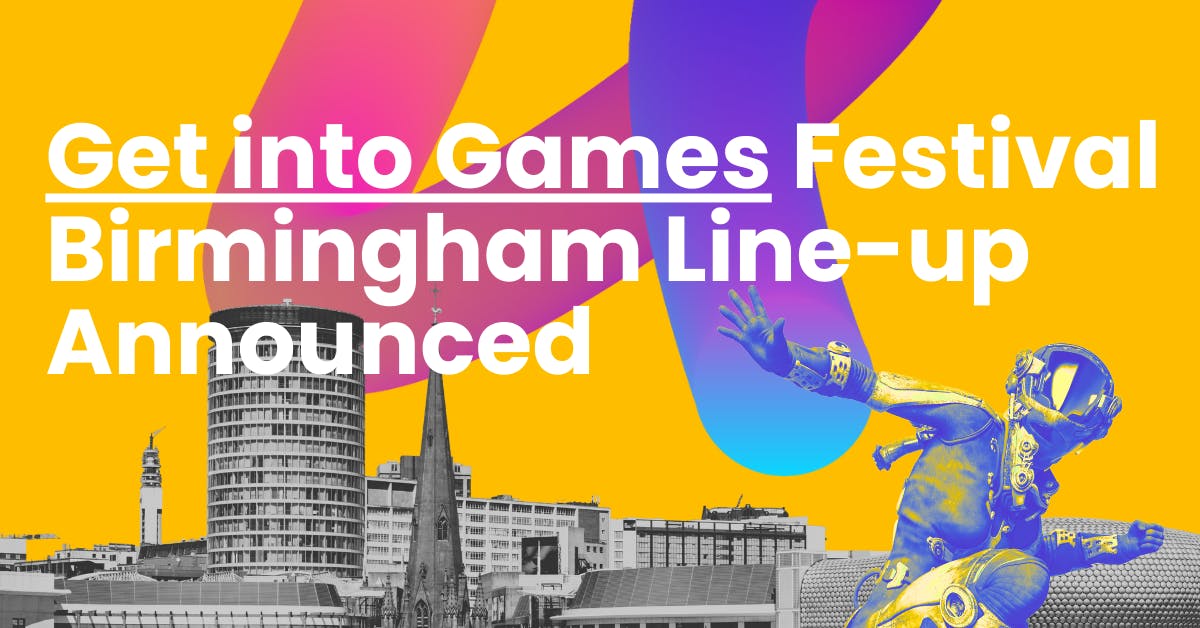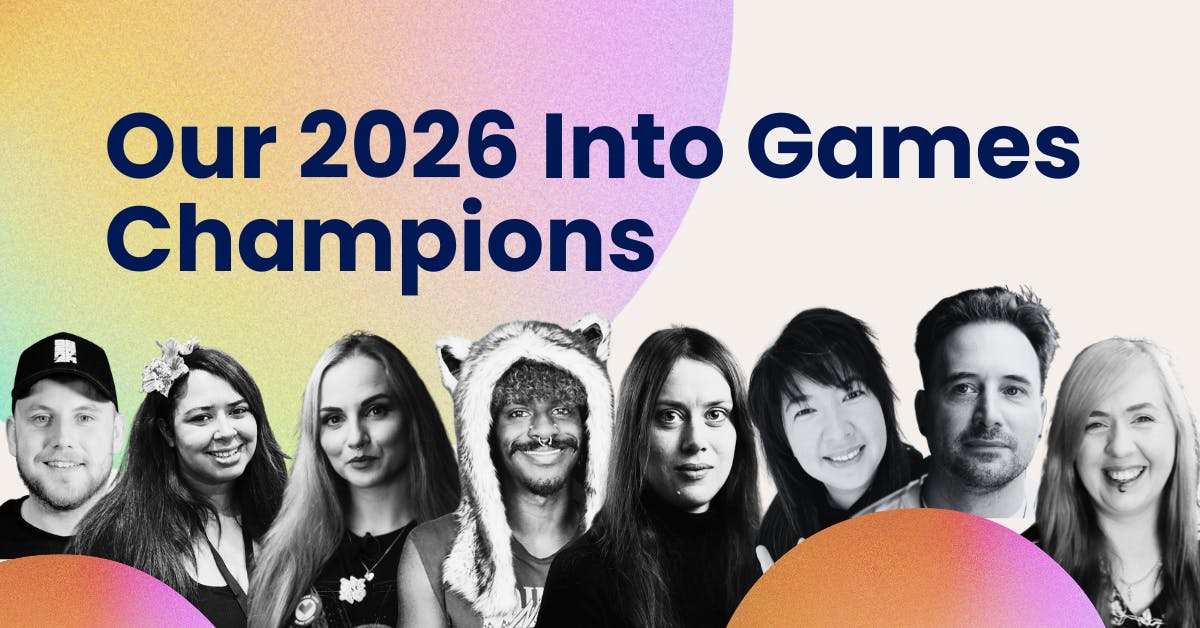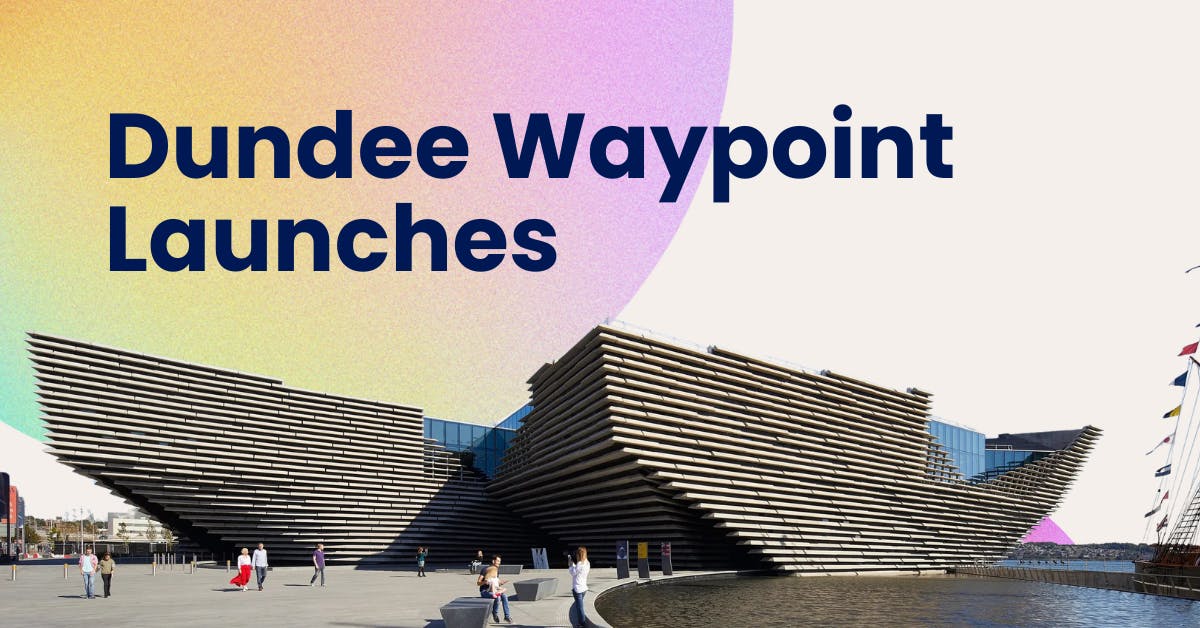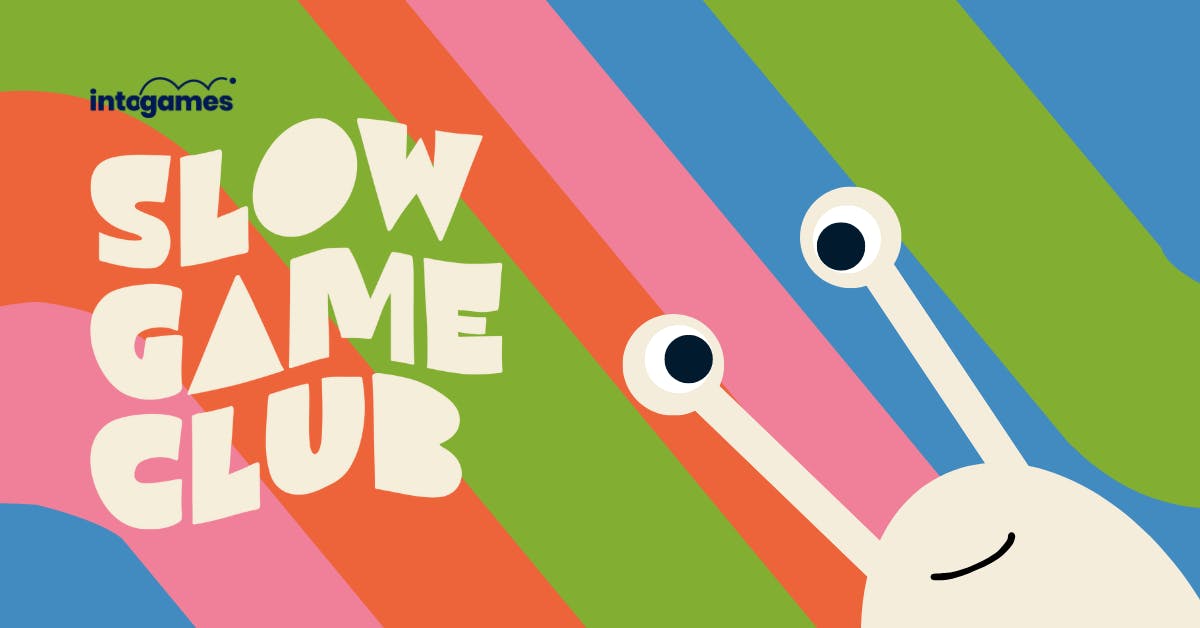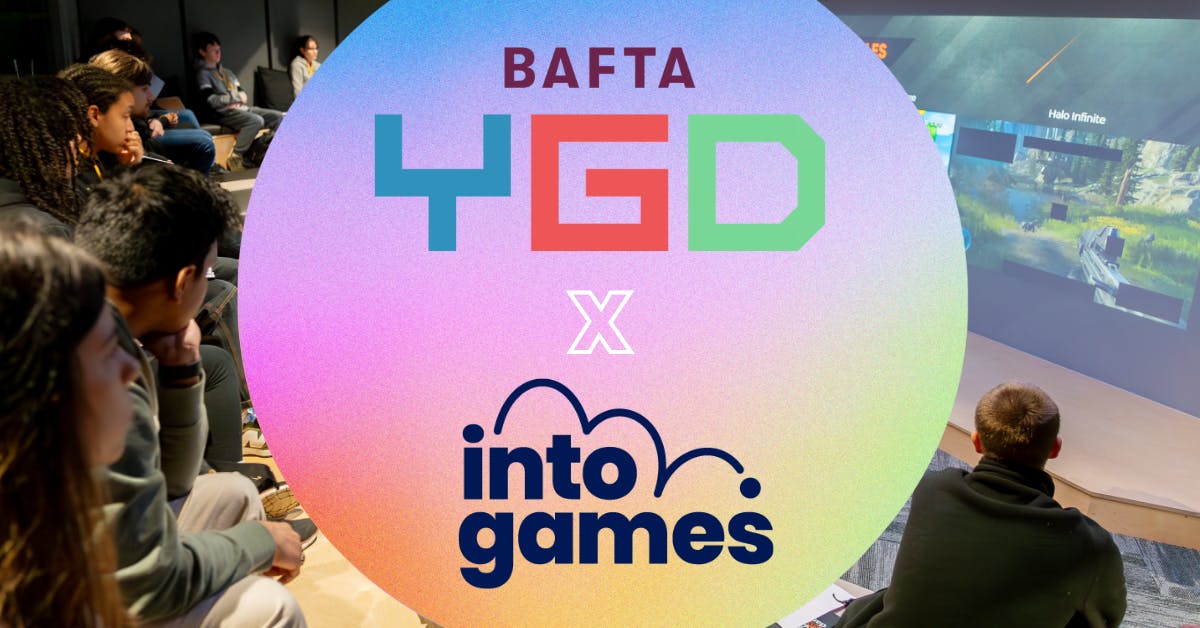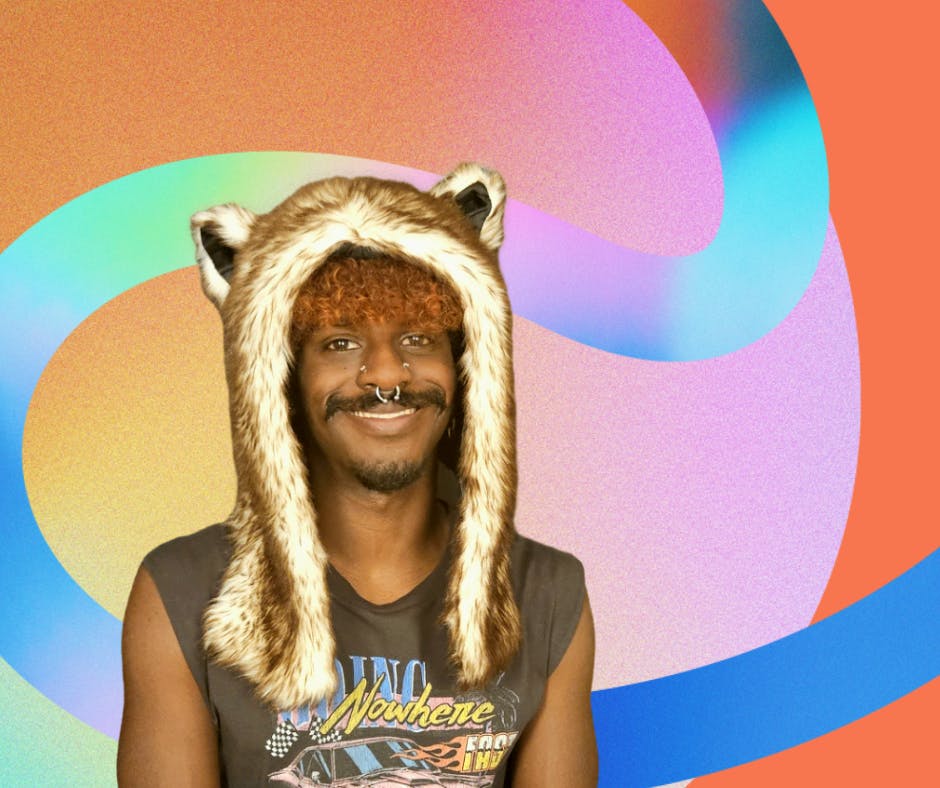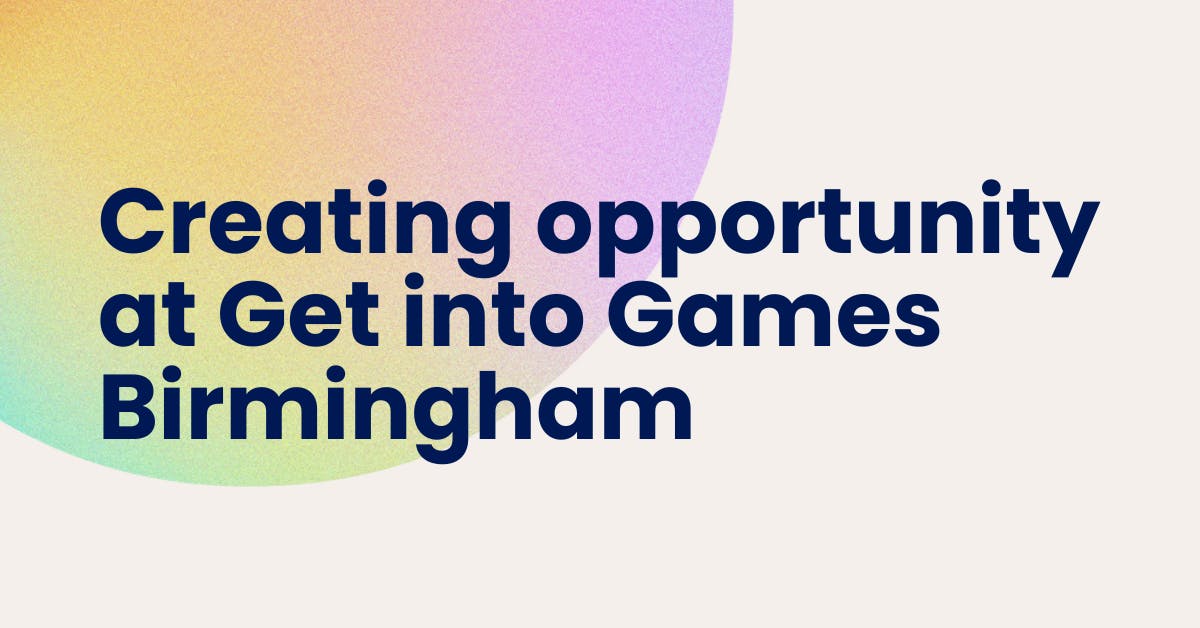
28 May 2020
What does a Narrative Designer in games do? Interview with Sarah Longthorne, Sumo Digital
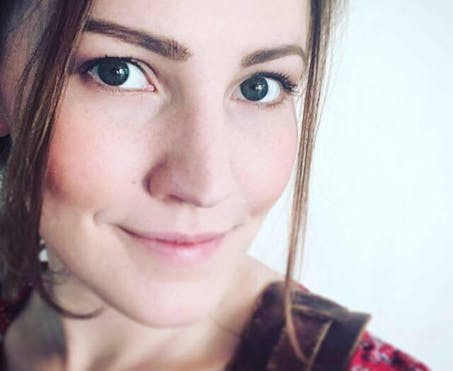
Sarah Longthorne has followed her creative writing dreams and is currently working as a Narrative Designer for Sumo Digital Nottingham. Shortlisted for ‘Best Storytelling’ in the Pocket Gamer Mobile Games Awards for her work on Love Island: The Game. Sarah's previous work also includes Cthulhu Chronicles, RuneScape and Block N Load. We asked Sarah, some key questions about getting into the games sector.
Explain your role like I'm 5 years old
I design and write narrative content for videogames.
Take us through your average day at work
It changes. Most days, I'm writing. It could be barks, VO, a conversation, a cinematic. Other days, I'm implementing my writing in whatever software we're using for that project -- lately, Articy Draft 3. Others still, I'm brainstorming, working with my team to come up with ideas, then deciding how best to communicate and implement them. Then I write it all up.
What was your educational and career journey into your current role?
I studied a BA in Scriptwriting and Performance at the University of East Anglia (UEA) having come away with two As and a B at A Level (English, Drama and Philosophy, respectively). I then worked several years in marketing roles, eventually landing one of those at Jagex after teaching myself HTML before the interview. Once there, I volunteered for opportunities and contributed lore to the game, then eventually jumped ship and swam the open waters of freelance under the mentorship of Greg Buchanan. I was applying for in-house roles all the while, and had two offers and a surplus second interview within two months. I accepted a job at Fusebox Games working on the Love Island mobile dating sim. After nine months, I was headhunted by Sumo Nottingham.
What is the most rewarding thing about your role
My favourite part of any project is seeing my work in the game, hearing my lines spoken or reading them on the screen, seeing the models/art for my characters for the first time. There's nothing like it. The latter, especially, feels incredible, to think a professional artist took that time to turn words on a page into a person. Words I wrote. Little old me.
What other roles do you work with the most
I work incredibly closely with the game designers, communicating back and forth throughout the day. Second to that, probably the animators. It takes teamwork to make sure our visions align.
What's the most challenging thing about your role?
There are a lot of restrictions with games. You have budget to consider (whenever I play a game with pretty cut-scenes now I sit there gawking, thinking "How did they afford that?"), which voice work and animation quickly demolishes, and then there are technical limitations, too. You have to go into it knowing your limits, how much you have to work with. You have to embrace it, make the most of it, try hard not to rebel against it. You have to know you're making a game and be accepting of what that means.
What software or digital tools do you use the most?
I use Perforce, Articy Draft, Word and Excel the most, by far. Additionally, normal teamwork tools like Teams, Slack and Confluence. I mostly write games with cinematics and conversations in Word, but for anything else I tend to use Excel. However, if a project asks for something specific, I learn it and use it.
What are the key skills needed for you to work on to do your role?
Central is understanding of narrative and how to make it effective, but adjacent to that, how to execute narrative in games specifically, which is a learned skill. Writing too, of course. But even with those, you won't get anywhere without effective teamwork, communication skills and a sense of humility. You can pour yourself into your work, but you have to understand that accepting constructive criticism is a way of showing your work love.
What advice would you give to your younger self looking to get started in the industry?
I wish I'd taken more initiative earlier. I came out of university thinking I would have to 'sell out' on my creative writing dreams and do something related, but ultimately (to me) unsatisfying. I was working towards a career in copywriting when I realised there were attainable opportunities in game writing. Every time I've gone out of my comfort zone to pursue something, it's gone better than I expected, yet so often I held myself back believing I wasn't ready for whatever reason. I was proved wrong. I wish I learned earlier not to rule myself out before ever giving others the chance to do so themselves... or otherwise.
Do you have any links to good articles or videos that you think might give some tips or advice to someone starting in your role?
Honestly, I think the best way to become a good game writer or narrative designer is simply to play games, play them widely, but most importantly, to play them critically. Identify what works and what doesn't and why. Consider what you would change, and why the developers made the decisions they did. Take content you like and imagine what it would look like in script form, how you would go about articulating it. Even better, literally write it out. Aside from that, I get a lot out of paying attention to games Twitter, keeping an eye on reviews and opinions. I'd also recommend Extra Credits on YouTube for something more specific. Fantastic stuff.
Extra Credits YouTube Channel
Stay up to date
It's time to level up your inbox
Pick which newsletters you're interested in receiving, and customise further by specifying a discipline.
Join our mailing listTell me more
